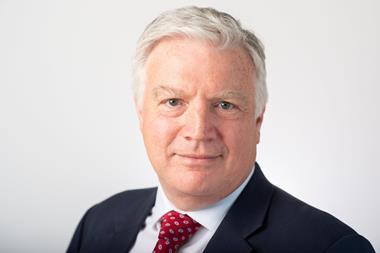Institutional investors are increasingly looking at natural capital, being the main group of investors interested in land management and sustainable oceans, according to Anne-Laurence Roucher, deputy chief executive officer and head of private equity and natural capital at asset manager Mirova.
“French institutional investors have an obligation to report on climate and it is the mission of Development Finance Agencies (DFAs). For land management, at the moment there is a growing interest also to tackle issues such as deforestation and land degradation,” she said.
Mirova’s sustainable land management fund, with $208m in assets under management and $150m already deployed, invests mostly in agroforestry and regenerative agriculture, and for the remaining part in planted forests, providing debt, mezzanine and equity for these projects.
It tends not to buy the land, working instead with project developers that have concessions and contracts with local farmers.
The asset manager has three or four transactions in the pipeline for the sustainable land management fund and it is planning to launch a second land-management fund this year, aiming to raise $300-400m from mostly institutional investors, Roucher said.
Investors that have already committed to the first fund include BNP Paribas, Allianz, Natixis, development agencies including Agence Française de Développement, European Investment Bank, and other public investors such as the Department for Environment, Food and Rural Affairs in the UK, and Global Affaires Canada.
“While the first fund on land management invested mostly in emerging markets, partially hedged through the junior tranche of the fund, the second fund will also invest in developed countries because the investors want to see the impact of the investments also closer to home and have risks budget constraints,” Roucher said.
Ocean management
Mirova is also planning to raise a second sustainable ocean-management fund this year targeting $200m.
The ocean-management fund invests in equity because it has, among others, the objective of pollution mitigation that is technology-intensive. It invests in debt and mezzanine in emerging markets, focusing on Latin America and South-East Asia, and developed countries.
Impact investments for the sustainable ocean strategy focus on three topics: sustainable marine resources management, mitigation of marine pollution, and conservation and coastal resilience.
The Climate Fund for Nature has now $140m in commitments that will be mostly deployed in emerging markets and “we want to go up to $300m”, Roucher said.
Mirova is also observing a strong demand for carbon credit from corporates that want to offload residual emissions.
The latest digital edition of IPE’s magazine is now available

















